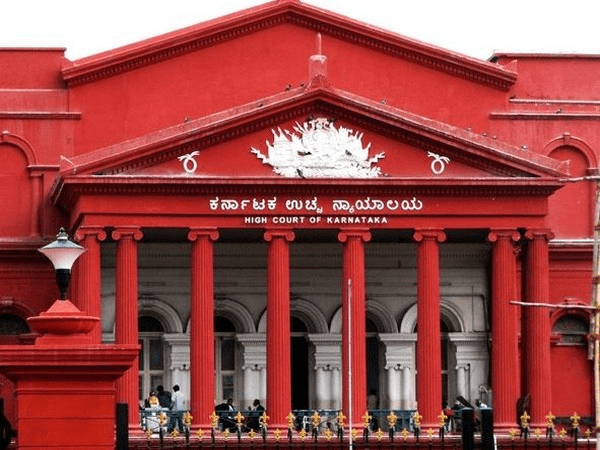The Karnataka High Court dismissed a Public Interest Litigation (PIL) filed against the private respondents who have been appointed by the respondent-State Government as Political Secretaries, Chief Advisor and Media Advisor to the Chief Minister of Karnataka.
The Counsel for the petitioner argued that the appointment of the private respondents with the status of Cabinet Rank is without jurisdiction and unconstitutional.
In support of his contention, he heavily banks upon Article 164(1A) of the Constitution of India which prescribes that the total number of Ministers including the Chief Minister in a State shall not exceed 15% of the total number of Members of the Legislative Assembly. The counsel submits that this ceiling limit is breached by the appointments in question.
The Additional Government Advocate for the respondents opposes the same contending that the provisions of Article 164 are not invokable inasmuch as none of the private respondents has been appointed as the Minister and therefore, petition is unworthy of consideration.
The Division Bench of Chief Justice Prasanna B. Varale and Justice Krishna S. Dixit have heard the counsel for the petitioner and the Additional Government Advocate for the official respondents.
The Bench declined indulgence in the matter broadly agreeing with the submission made by the learned AGA. Article 164 provides for the appointment of Chief Minister by the Governor and of other Ministers on the advice of the Chief Minister.
Clause (1A) of this Article which has been introduced by 91st Amendment Act, 2003 dated 1.1.2004 prescribes the ceiling limit as to the number of Ministers in a State.
The text of the said clause is as under:
“The total number of Ministers, including the Chief Minister, in the Council of Ministers in a State shall not exceed fifteen per cent of the total number of members of the Legislative Assembly of that State.”
The above text is as clear as gangetic waters. It is nobody’s case that the private respondents have been appointed as Ministers.
If the private respondents were appointed as Ministers, there could have been scope for the invocation of subject provision of the Article. Merely because a Cabinet Status is conferred on a particular appointee, that per se does not make him a Minister within the meaning of Article 164.
These respondents are appointed to assist the Chief Minister/Ministers and they are not functioning as the Ministers in the literal sense. Therefore, the provision pressed into service by the learned counsel for the petitioners is not attracted, observed by the High Court.
“The status of Cabinet Rank is conferred on persons appointed to posts/offices other than that of Ministers as well, needs no research. Since the enactment of the Constitution, in several States, e.g., Assam, Meghalay, etc. persons are appointed with such status even when they are not Members of the Council of Ministers.
“Such status is conferred for various reasons that fall within the exclusive domain of the Executive and therefore, court cannot undertake their deeper examination in Judicial Review. The text of the impugned orders shows that the conferment of this status is for the purpose of extending to the appointees the facilities that avail to the Ministers of the Cabinet Rank.
“Despite vociferous submissions, the counsel for the petitioner is not in a position to show which Rule of law has been violated by virtue of impugned appointments. In the absence of breach of law, no relief can be granted to the petitioner”, the order read.


